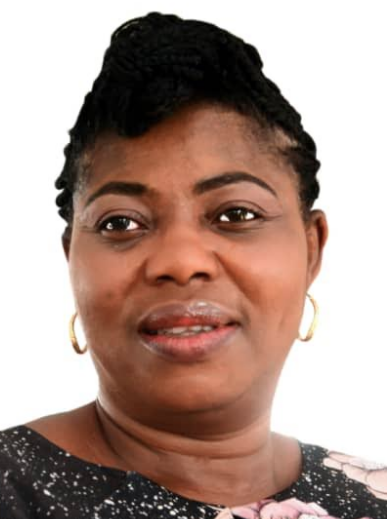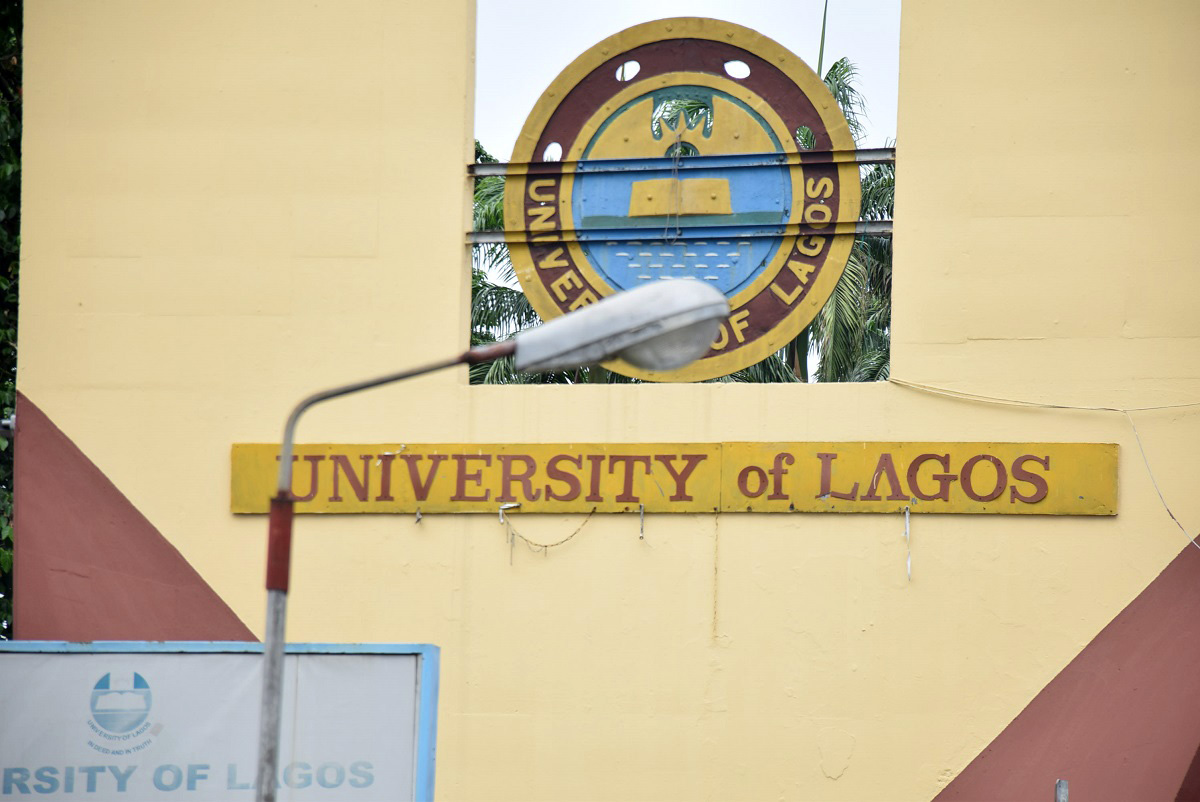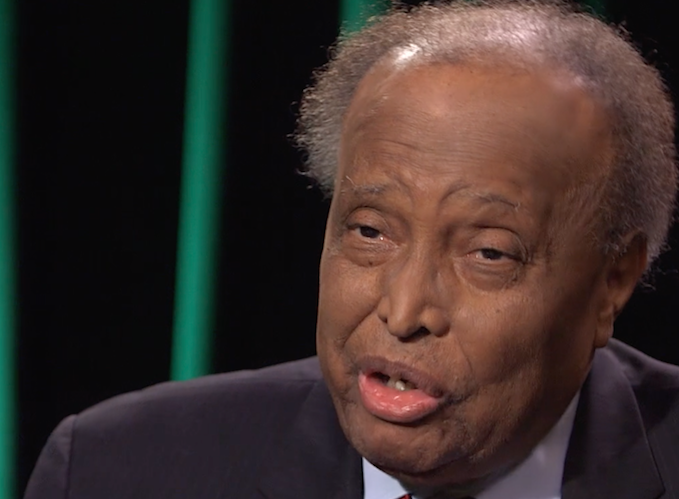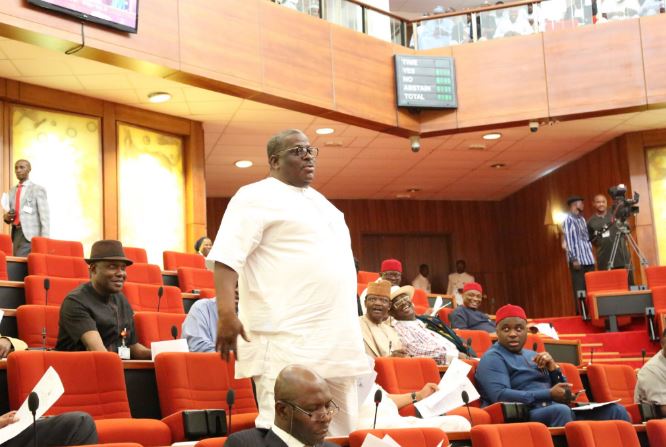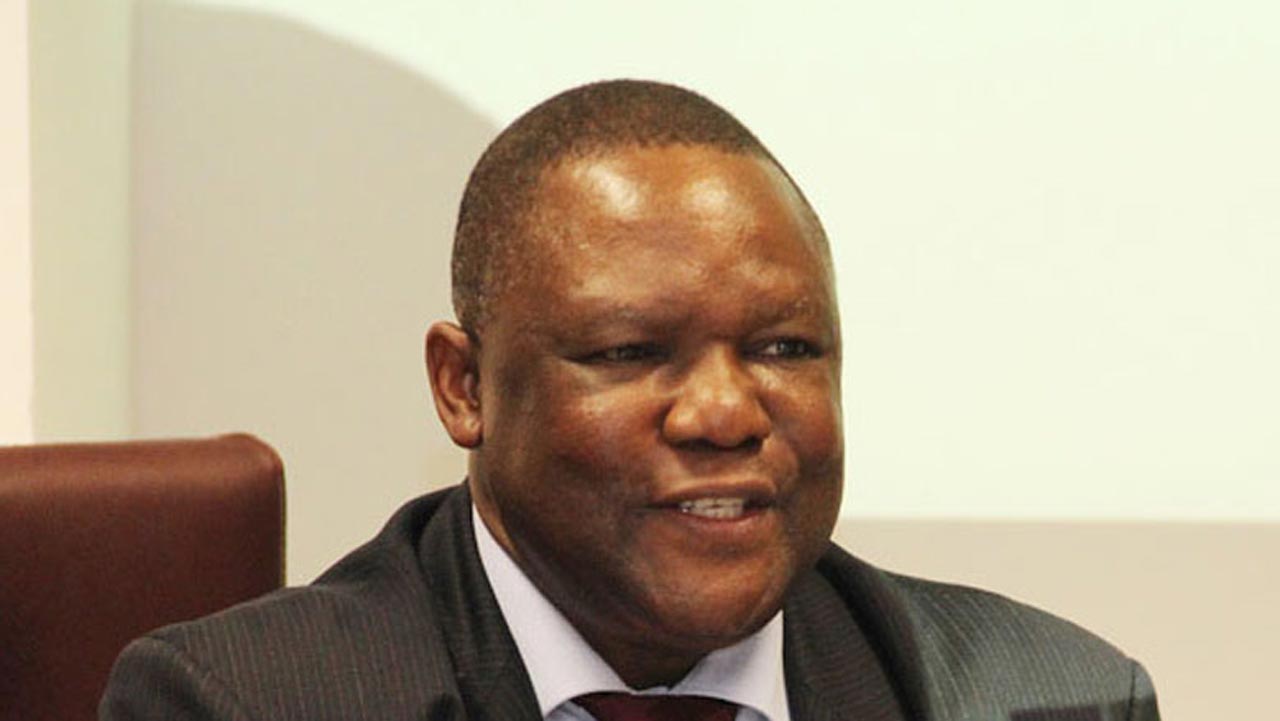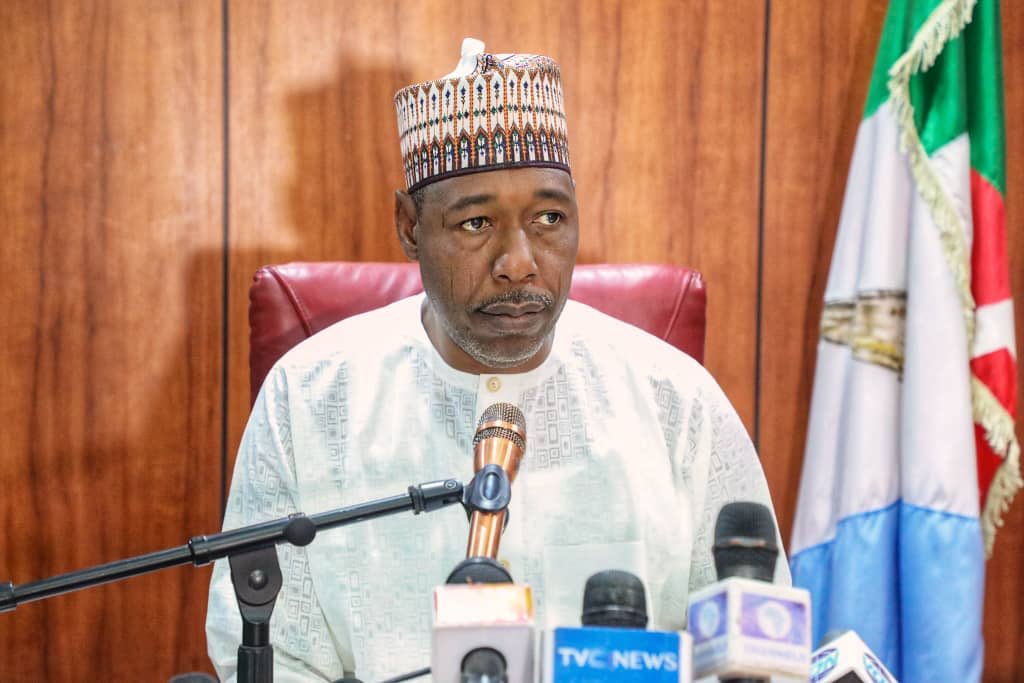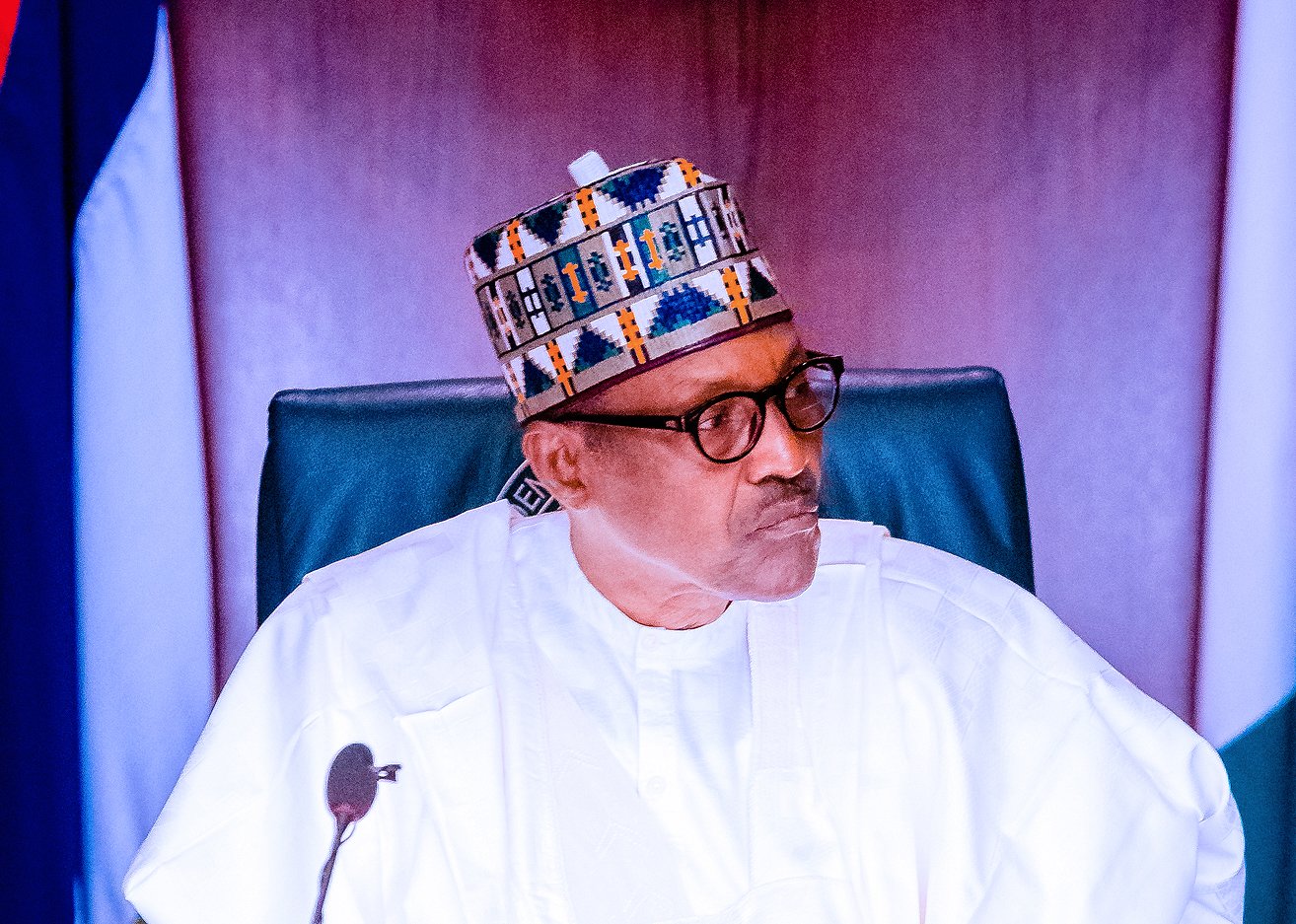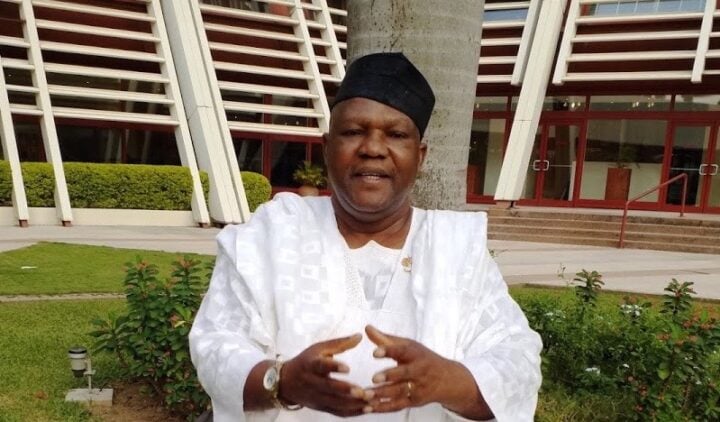If anyone had doubted the ability of our egg-heads in this country to put up a fight whenever they think a particular issue is not in their favour, their swift reactions to the removal of the vice chancellor of the University of Lagos, Professor Oluwatoyin Ogundipe, on Wednesday, should be enough to make one have a rethink.
Hours before the university’s Governing Council, headed by Babawale Babalakin, issued the official statement on the removal of the VC, the academics seemed to be battle ready. One could deduce this from messages across social media platforms suggesting the need to fight against institutional regulations that were said to have been stepped upon and ridiculed. All of a sudden, all hell broke loose. The tension was palpable. By the time, the Registrar issued the official statement on the removal, the social media was filled with analysis and counter analysis of how a VC could be removed.
The embattled Ogundipe also issued his own statement, claiming to be in charge. He said members of the public should ignore the pronouncement by the university Registrar, Azees Oladejo, thus leaving the public confused as to who to believe. The governing council waited till midnight before announcing the acting vice chancellor for the university. It has named Prof Theophilus Soyombo of the university’s Faculty of Social Sciences to replace Ogundipe in acting capacity. Hopefully, this will put an end to the initial confusion but it may also be the beginning of another round of crisis in the ivory tower.
While I do not have the intention to debate the propriety of the VC’s removal or otherwise, I think it is however necessary to clarify that the university governing body has the power to appoint and remove a vice chancellor. According to Ehi Oshio, a Professor of Law and former Dean of Law, University of Benin, whose submissions on “Appointment and removal of a vice chancellor under the Nigerian Law,” have also gone viral since UNILAG VC’s removal, the governing council is empowered by law to appoint and remove a vice chancellor.
In fact, as far as the law is concerned, Ogundipe stands removed as UNILAG VC whether he agrees with that decision or not. This is not the same thing as saying that he was rightly or wrongfully removed. Just that in the eyes of the law, he was duly removed as the VC. As a matter of fact, the only option opened to Ogundipe now is an appeal to the university’s Visitor which in this case is President Muhammadu Buhari. He may ask for fair hearing which he is also entitled to under the law. The President reserves the right to either grant this request or not.
According to Section 3 (8)-(11) of the Universities (Miscellaneous Provisions Act No. 11 of 1993 as amended by the Universities (Miscellaneous Provisions)(Amendment) Act No. 25 of 1996 and the Universities (Miscellaneous Provisions)(Amendment) Act, 2003 (No. 1 2007) otherwise known as the “Universities Autonomy Act,” the governing council of a university is empowered to hire and sack a vice chancellor. Vice chancellors could be removed on grounds of gross misconduct or inability to discharge their functions due to infirmity of body or mind.
However, the governing council is expected to follow due process in doing this. That is why the council is legally bound to constitute a Joint Committee of Council and Senate to investigate allegations against a Vice-Chancellor which reports its findings to the Council. Where the allegations are proved, the Council may remove the Vice-Chancellor or apply any other disciplinary action as it deems fit and notify the Visitor accordingly.
In the case of Ogundipe, he was actually investigated as confirmed by Prof. Lesi and Prof. Oboh, both Senate representatives on Council. According to the duo, a sub-committee headed by Dr. Saminu Dagari, was earlier set up to monitor the university’s expenditure since 2017. However, deliberation on that report was not part of the agenda of Wednesday’s meeting. Also, a separate panel was supposed to look into the findings of Dagari’s Report before a decision should be taken on the VC. The two dons said the report had earlier been considered in March 2019 but the response of the VC and others had not been considered by the Council in plenary before the Pro chancellor subjected the VC’s removal into vote. In other words, there are allegations of corruption against the VC, the Dagari Report indicted him, but the alleged infraction had not been proven by another panel before a punitive measure was taken against him.
The truth is there is little or no love lost between the chairman of the governing council and the university management. Both have been at loggerheads over expenditures made in 2017. The council chairman had in 2019 queried the institution’s management through the Registrar who doubles as the secretary to the council for alleged financial misappropriation and contract infractions. But the university management in turn accused the council chairman of planning to head the institution’s tenders’ board.
This led to the House of Representatives Committee on Procurement wading into the matter in June 2019. At the end of the day, the VC was absolved of financial impropriety, while the reps also said there was no evidence to suggest that Wale Babalakin was planning to take over the headship of the institution’s tenders’ board. In fact, the reps said contrary to allegations of violations of extant laws and corruption levelled against the university management, it found the institution’s financial records clean.
To put it in a nutshell, the foregoing culminated in Wednesday’s removal of the vice chancellor. For me, the sad thing is that none of the issues at stake, has anything to do with the students, who are the real reasons behind the establishment of the university. Everything is about contracts and money. One may even be tempted to think that the university was simply set up for the purpose of awarding contracts. I might be wrong but I can’t remember a time when UNILAG was so much in the news as it is now over any major breakthrough in recent times. And to think that an academic community that has been unusually silent at a time when the world was creating alternative learning channels for their students in addition to finding cure for COVID-19, could suddenly gear back to life, is most amazing. I even learnt that members of the Academic Staff Union of Universities (ASUU) are planning to hold their congress on this same issue.
While one may understand the need to guide against authoritarianism in our universities, what I can’t grasp is why the academic community is always swift to fight for anything that concern them and fails to display the same zeal and zest in approaching its primary responsibility of teaching in our universities.
For instance, lecturers go on strike for months without thinking of the implication on the students. Though they claim the strikes are aimed at improving standard of education and infrastructures on the campuses, standards have continued to fall and infrastructures decaying more and more. University hostels have gone from bad to worse, toilet facilities have not improved, lecture theatres are still overcrowded, many universities don’t have running water- students fetch water from stream, halls of residences are invaded by bedbugs. Somebody shared the picture of a university hostel in Nigeria and that of a prison in Norway. The difference is more than clear. Many university libraries are nothing to write home about. In fact, things are going from bad to worse in many of these institutions. You then wonder the benefit of all the so-called industrial actions for the students -nothing. Nigerian students have become the grass that is always suffering when the elephants are fighting. Sometimes the elephants are their lecturers and government or the council and their lecturers-whichever way, they suffer.
Can we just imagine what UNILAG would have been if the governing council had been more student-centred? Imagine the council and the school management having a common purpose of making the university Nigeria’s version of Harvard or Cambridge and the products most sought after in the employment market. Would they have the luxury of engaging in this show of fame? They don’t even care about the future of their students. The university’s graduates who were meant to have graduated a long while before COVID-19 were prevented from having that experience just because of this battle of the elephants.
Corruption is likely to continue to be a recurring decimal in our universities due to lack of corporate governance. The way Nigeria runs its enterprises gives room for corruption at all facets. It is only a spendthrift like Nigeria that will invest billions of Naira in a venture and won’t bother to see how the money is being managed. This is what is happening in Nigerian federal universities where the Federal Government has refused to constitute visitation panels to visit and see what is going on there. Visitation panels are meant to visit the universities once in five years but a university like UNILAG hasn’t been visited for almost 10 years. Now, what does it cost a government to set up a visitation panel? What do you expect from an institution that is left to operate so freely? Give it to ASUU, the union has always asked the Federal Government to constitute visitation panels for universities. Just last month, the minister of education said the government would soon constitute the panels but he wasn’t specific on the time.
Why should a university like UNILAG be struggling with providing facilities for online learning for instance? These students have been home for over four months. The Council Chairman never for once said anything about them. But the governing council knew how to move a meeting to Abuja to achieve a sinister motive. Why can’t they pay foreign online platforms to provide lessons for their students that have been home for more than four months doing nothing. This is a shame. Nearly all the private universities in Nigeria have finished their second semester despite COVID-19. And here, all that the management and the governing council can do is to keep watching their dirty linen in the public, it doesn’t make sense at all!
Advertisement
Views expressed by contributors are strictly personal and not of TheCable.
Add a comment
